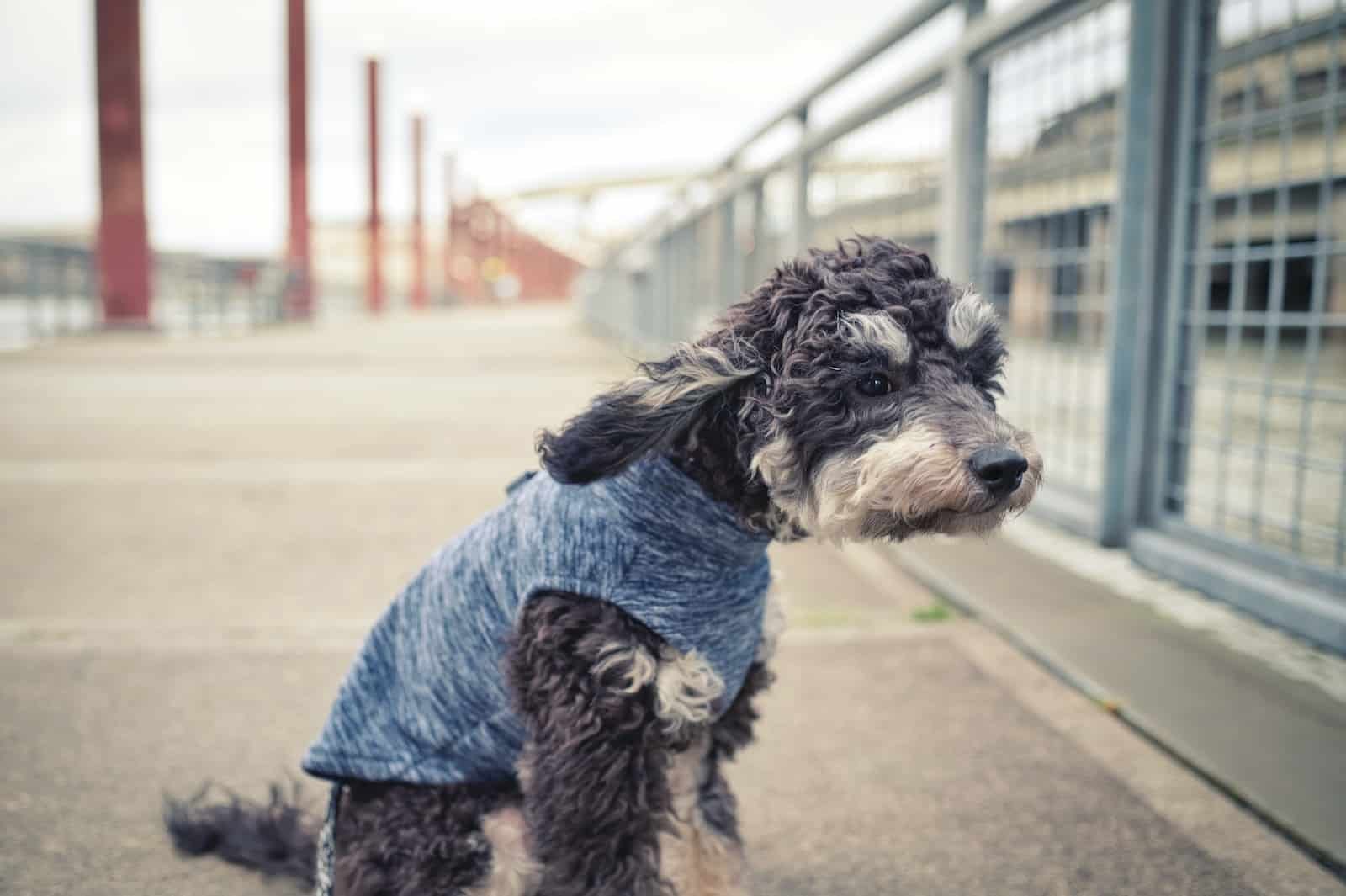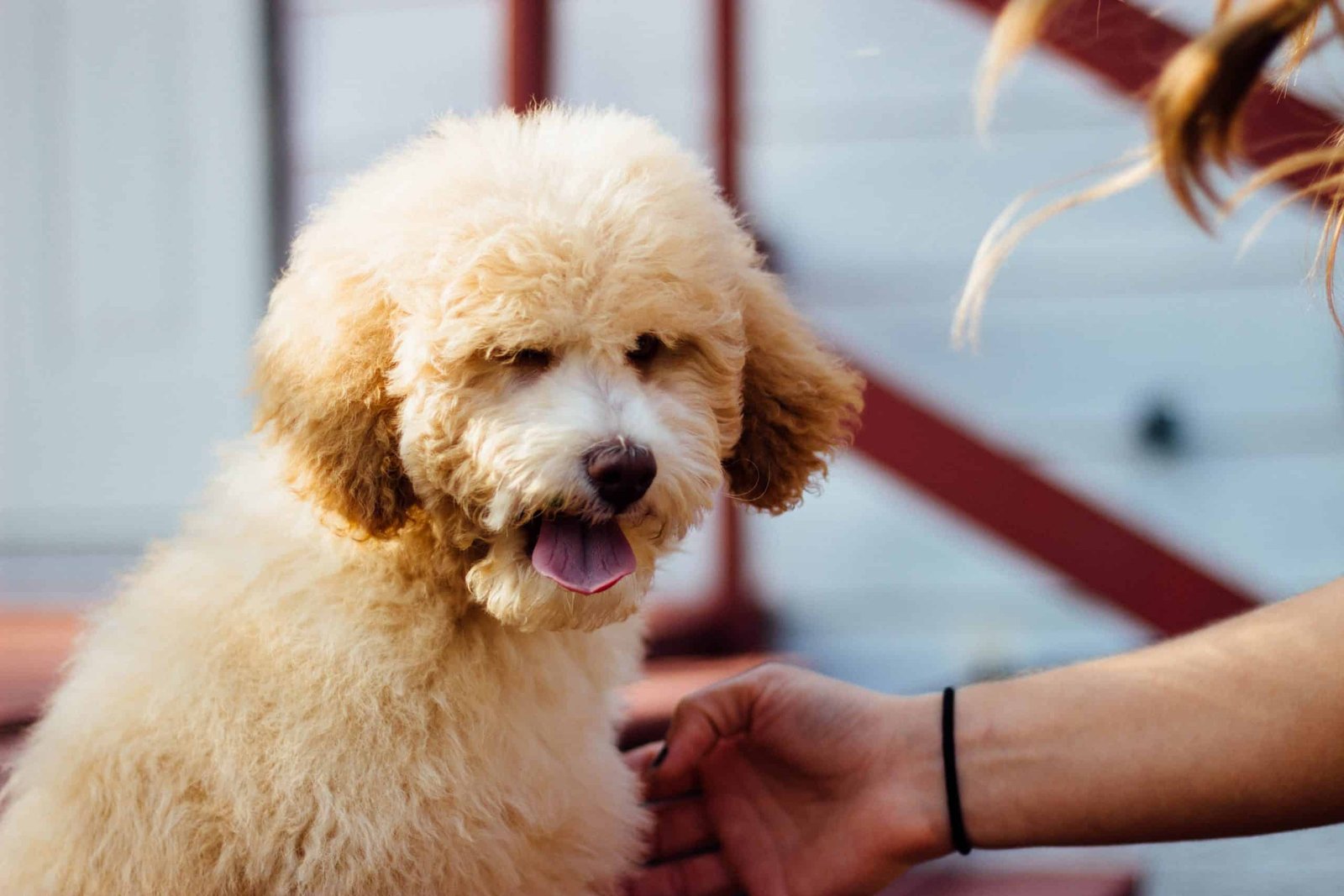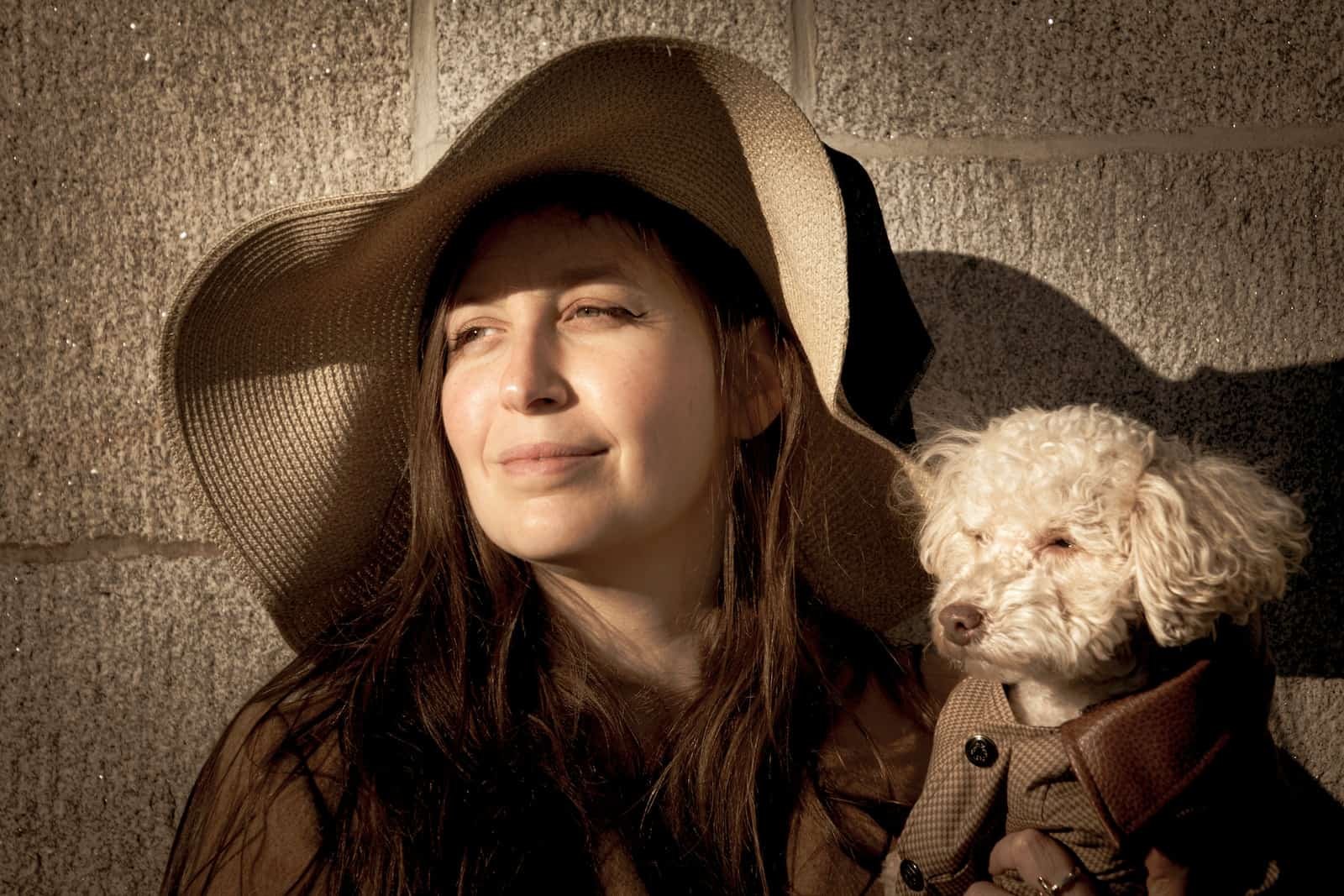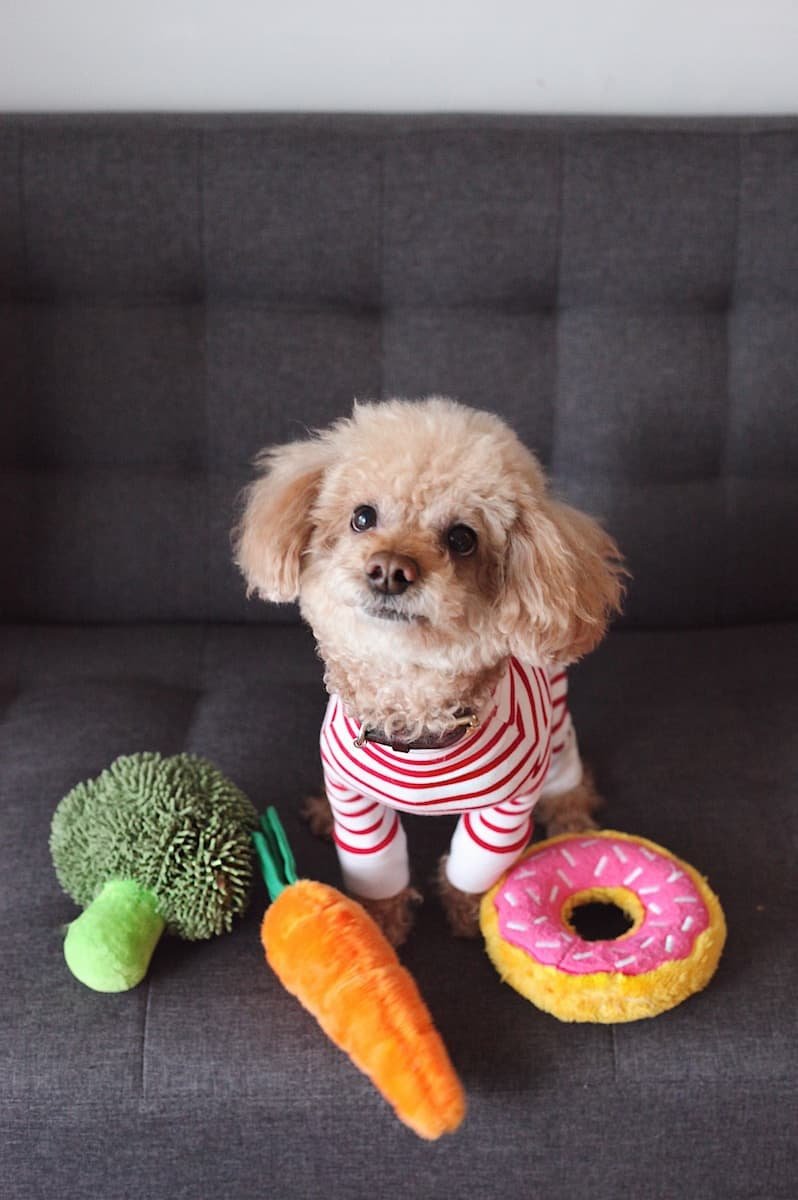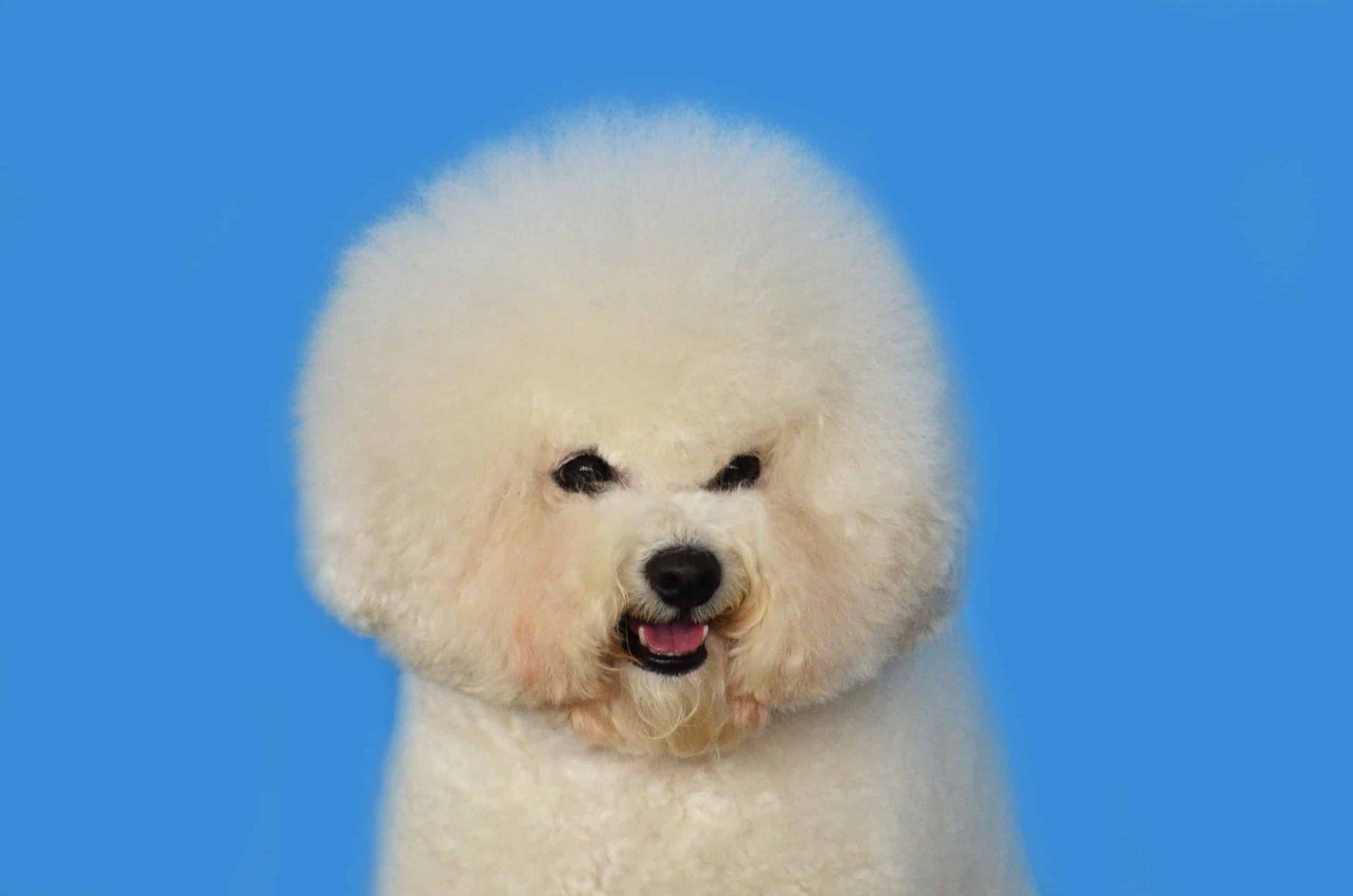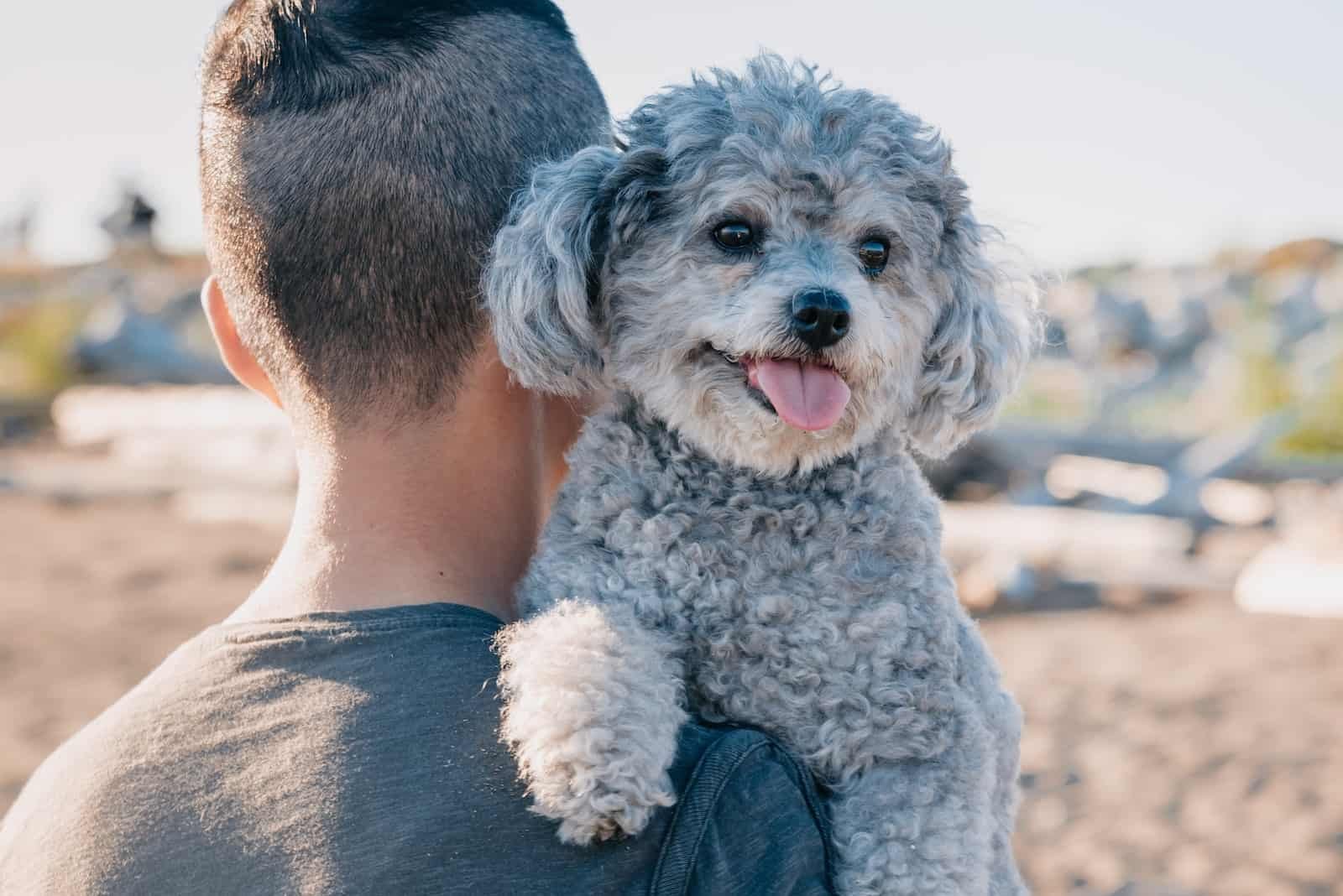If you’re thinking about adopting a dog, you may want to consider an older poodle. Adopting an older poodle can be a rewarding experience, but it also comes with its own set of challenges. In this article, we’ll explore the joys and challenges of adopting an older poodle, from understanding the breed to lifestyle considerations.
Understanding Poodles
Poodles are intelligent, loving, and charismatic dogs that make wonderful companions. They come in three sizes – toy, miniature, and standard – and have a distinctive curly coat that requires regular grooming. Poodles are also known for being hypoallergenic, making them an excellent choice for people with allergies. When considering adopting an older poodle, it’s important to understand the breed’s unique characteristics and needs.
The Joys of Adopting an Older Poodle
Adopting an older poodle can be a deeply rewarding experience. Older dogs are often already trained and have established personalities, making it easier to find a dog that fits your lifestyle. Additionally, older poodles may require less exercise than younger dogs, making them a good choice for people with a more sedentary lifestyle. Adopting an older poodle can also be a way to give a deserving dog a second chance at life.
Key Takeaways
- Adopting an older poodle can be a rewarding experience, but it also comes with its own set of challenges.
- Poodles are intelligent, loving, and charismatic dogs that make wonderful companions.
- Adopting an older poodle can be a way to give a deserving dog a second chance at life.
Understanding Poodles
If you are considering adopting an older Poodle, it is important to understand the breed. Poodles are a highly intelligent and trainable breed known for their hypoallergenic coat. They come in three sizes: Toy, Miniature, and Standard, with the Standard Poodle being the largest. Poodles are known for their elegant appearance, with their curly coat and distinct haircut.
In addition to their physical traits, Poodles are also known for their unique personality. They are highly social and love to be around people. Poodles are also known for their high energy levels, which makes them a great choice for active families. However, they can also become anxious and destructive if they do not receive enough exercise and attention.
Poodles are also known for their intelligence and trainability. They are quick learners and excel in obedience training. Poodles have been used as service dogs, therapy dogs, and even as hunting dogs. Their intelligence also means they require mental stimulation, such as puzzle toys or training sessions.
When adopting an older Poodle, it is important to understand their temperament and personality. While Poodles are known for their friendly and social nature, each dog is unique and may have their own quirks. Older Poodles may also have health issues that require special care. It is important to work with a reputable rescue organization or breeder to ensure you are adopting a healthy and well-adjusted dog.
Overall, Poodles are a wonderful breed with a lot of personality and energy. They make great companions for active families and are highly trainable. Understanding their unique traits and temperament is essential when considering adopting an older Poodle.
The Joys of Adopting an Older Poodle
Adopting an older poodle can be one of the most fulfilling experiences of your life. These dogs are known for their intelligence, elegance, and affectionate personalities, and they make wonderful companions. Here are some of the joys of adopting an older poodle:
Companionship: Older poodles make great companions. They are loyal and loving, and they will be by your side through thick and thin. They will provide you with unconditional love, gratitude, and loyalty, and they will always be there for you when you need them.
Second chance: By adopting an older poodle, you are giving them a second chance at a happy life. Many older dogs end up in rescue organizations or animal shelters because their owners can no longer care for them. By adopting an older poodle, you are saving a life and giving them a lifetime of love.
Love and affection: Older poodles are known for their love and affection. They will cuddle with you on the couch, follow you around the house, and give you kisses whenever you need them. They will become a loving companion and bring joy to your life.
Connection: Adopting an older poodle can create a special connection between you and the dog. They will be grateful for the love and care you provide, and you will be grateful for the love and companionship they give you. This connection can be one of the most rewarding aspects of adopting an older poodle.
Rescue organizations: Adopting an older poodle from a rescue organization or animal shelter can be a great way to give back to the community. These organizations work tirelessly to save the lives of animals and find them loving homes. By adopting an older poodle, you are supporting their efforts and helping to save more lives.
In conclusion, adopting an older poodle can be a wonderful experience. These dogs have so much love and affection to give, and they will be grateful for the second chance you give them. By adopting an older poodle, you will be saving a life and gaining a loyal and loving companion.
The Challenges of Adopting an Older Poodle
Adopting an older poodle can be a rewarding experience, but it also comes with its own set of challenges. As your poodle ages, you may notice changes in their behavior, health, and mobility. Here are some of the challenges you may encounter when adopting an older poodle:
Health Issues
Older dogs are more prone to health problems than younger ones, and poodles are no exception. Arthritis, incontinence, hearing problems, ear infections, and vision loss are just a few of the health issues that may arise as your poodle ages. Regular vet visits can help you stay on top of any health concerns and ensure your poodle receives the care they need.
Separation Anxiety
Adopting an older poodle can be especially challenging if they suffer from separation anxiety. Older dogs may have a harder time adjusting to new surroundings and may become more attached to their owners. Separation anxiety can manifest in destructive behavior, excessive barking, and other problematic behaviors. It’s important to be patient with your poodle and work with them to alleviate their anxiety.
Loss and Grief
One of the challenges of adopting an older poodle is that you may have a shorter time together. Losing a beloved pet is never easy, but it can be especially difficult when you’ve only had a few years together. It’s important to prepare yourself for the possibility of loss and to seek support if you’re struggling with grief.
Adjustment Period
Adopting an older poodle may require an adjustment period for both you and your pet. Your poodle may be used to a certain routine or way of life, and it may take time for them to adjust to their new home. It’s important to be patient and understanding during this time and to provide your poodle with plenty of love and attention.
In conclusion, adopting an older poodle can be a wonderful experience, but it’s important to be aware of the challenges that come with it. With patience, love, and proper care, you can provide your poodle with a happy and comfortable life in their golden years.
Health and Wellness of Older Poodles
As with any pet, the health and wellness of your older poodle should be a top priority. Senior poodles may require more frequent visits to the vet, special diets, and supplements to maintain their health and comfort.
One common health issue that older poodles may face is arthritis, which can cause joint pain and stiffness. To help alleviate these symptoms, your vet may recommend joint supplements or medication. Regular exercise and a balanced diet can also help keep your poodle’s joints healthy.
Grooming is also an important aspect of your older poodle’s health. Regular grooming can help prevent matting and skin irritations, and it also provides an opportunity to check for any lumps, bumps, or other health concerns. Additionally, older poodles may require more frequent dental cleanings to maintain good oral health.
Nutrition is another key factor in your older poodle’s health and wellness. As they age, their dietary needs may change, and they may require a special diet to address any health concerns. Your vet can help you determine the best diet for your older poodle.
Regular vaccinations and check-ups are also important for maintaining your older poodle’s overall health. Your vet may recommend additional vaccinations or tests based on your poodle’s age and health history.
Finally, it’s important to provide your older poodle with a comfortable and supportive sleeping environment. A soft, supportive bed can help alleviate joint pain and provide a restful night’s sleep.
By prioritizing your older poodle’s health and wellness, you can help ensure that they enjoy a happy and comfortable life in their golden years.
Lifestyle and Training Considerations
Adopting an older poodle can be a rewarding experience, but it also requires some lifestyle and training considerations. Here are some things to keep in mind when adopting an older poodle:
Lifestyle
Older poodles have lower energy levels than younger dogs, which makes them perfect for people with a more relaxed lifestyle. They still enjoy short walks and play sessions but don’t demand the same level of physical activity as their younger counterparts. It’s important to establish a routine that includes regular exercise and mental stimulation to keep them healthy and happy.
Training
Older poodles may come with some behavioral issues that require patience and socialization. Basic commands such as sit, stay, and come should be reinforced, as well as housebreaking and potty training. It’s important to establish a consistent routine and provide positive reinforcement to encourage good behavior.
New Home Environment
When bringing an older poodle into a new home, it’s important to create a safe and comfortable environment. This includes providing a comfortable bed, food and water bowls, and toys. It’s also important to establish a routine for feeding, exercise, and playtime to help them adjust to their new surroundings.
Behavioral Issues
Older poodles may have some behavioral issues such as separation anxiety, aggression, or fear. It’s important to work with a professional trainer to address these issues and provide the necessary training and socialization to help them overcome their fears.
In conclusion, adopting an older poodle can be a rewarding experience, but it requires some lifestyle and training considerations. With patience, consistency, and positive reinforcement, you can help your older poodle adjust to their new home and live a happy and healthy life.
Adoption Process and Tips
Adopting an older poodle can be a rewarding experience, but it is important to understand the adoption process and be prepared for the challenges that come with it. Here are some tips to help you navigate the adoption process and make the transition as smooth as possible.
Finding a Rescue Organization
The first step in adopting an older poodle is to find a reputable rescue organization. Look for organizations that specialize in the breed and have a good reputation for rescuing and rehoming senior animals. You can also check with local animal shelters or breed-specific rescues to see if they have any adult poodles available for adoption.
Background and Compatibility
When adopting an older poodle, it is important to consider their background and compatibility with your lifestyle. Ask the rescue organization about the poodle’s history, including any medical or behavioral issues they may have. Consider your own lifestyle and personal preferences when choosing a furry companion. Make sure you are comfortable with the poodle’s exercise requirements, grooming needs, and personality traits.
Bonding and Comfort
It may take some time for your new poodle to adjust to their new forever home, so it is important to create a comfortable and safe environment for them. Provide a cozy bed, plenty of toys, and a designated space for them to relax. Spend time bonding with your new furry friend and provide plenty of love and emotional support as they adjust to their new surroundings.
Regular Grooming and Housetraining
Regular grooming is important for poodles, so be prepared to commit to regular grooming appointments to keep their coat healthy and shiny. Older poodles may also require additional medical care, so be prepared to provide any necessary treatments or medications. Housetraining may also be a challenge with older rescued dogs, so be patient and consistent with training.
Adopting an older poodle can be a wonderful experience, but it is important to be prepared for the challenges that come with it. With the right preparation and care, you can provide a loving forever home to a deserving senior dog.
Frequently Asked Questions
If you’re considering adopting an older poodle, you likely have some questions. Here are some common questions and answers to help you make an informed decision.
What are some benefits of adopting an older poodle?
Adopting an older poodle can be a great choice for many reasons. Older poodles are often already trained, making them easier to integrate into your home. They’re also likely to be calmer and less energetic than younger dogs, making them a good choice for those who prefer a more laid-back lifestyle. Additionally, adopting an older poodle can be incredibly rewarding, as you’ll be providing a loving home to a dog who may have otherwise been overlooked.
Are there any challenges to adopting an older poodle?
While there are many benefits to adopting an older poodle, there are also some challenges to consider. Older dogs may have health issues that require ongoing care and attention. They may also have behavioral issues that need to be addressed. Additionally, older dogs may take longer to adjust to a new home than younger dogs.
How long does it typically take for an older poodle to adjust to a new home?
The amount of time it takes for an older poodle to adjust to a new home can vary depending on the dog’s personality and past experiences. Some dogs may adjust quickly, while others may take several weeks or even months to feel comfortable in their new surroundings. It’s important to be patient and understanding during this transition period, and to provide your new dog with plenty of love and attention.
What are some red flags to look out for when adopting an older poodle?
When adopting an older poodle, it’s important to be aware of any red flags that may indicate potential health or behavioral issues. These can include excessive lethargy, aggression, or signs of pain or discomfort. It’s important to have your new dog thoroughly examined by a veterinarian as soon as possible after adoption to ensure that they’re healthy and to address any issues that may arise.
Can an older poodle still bond with their new owner?
Absolutely! Older poodles can form strong bonds with their new owners, just like younger dogs. It may take some time for your new dog to feel comfortable and secure in their new home, but with patience and love, you can build a strong and lasting bond with your new furry friend.
How can I make the transition easier for my newly adopted older poodle?
There are several things you can do to make the transition easier for your newly adopted older poodle. First and foremost, be patient and understanding during the adjustment period. Provide your new dog with plenty of love and attention, and establish a consistent routine to help them feel more secure. It’s also a good idea to give your new dog plenty of opportunities to explore their new surroundings and to gradually introduce them to new people and experiences. Finally, make sure to provide your new dog with plenty of opportunities for exercise and play to help them stay happy and healthy.

